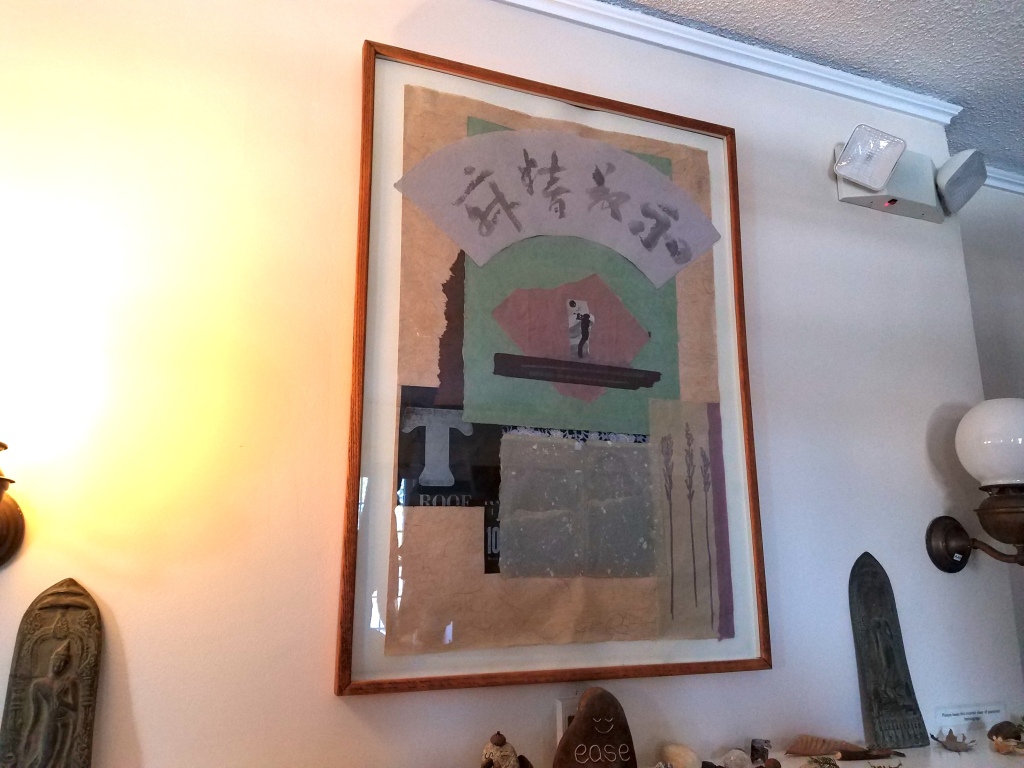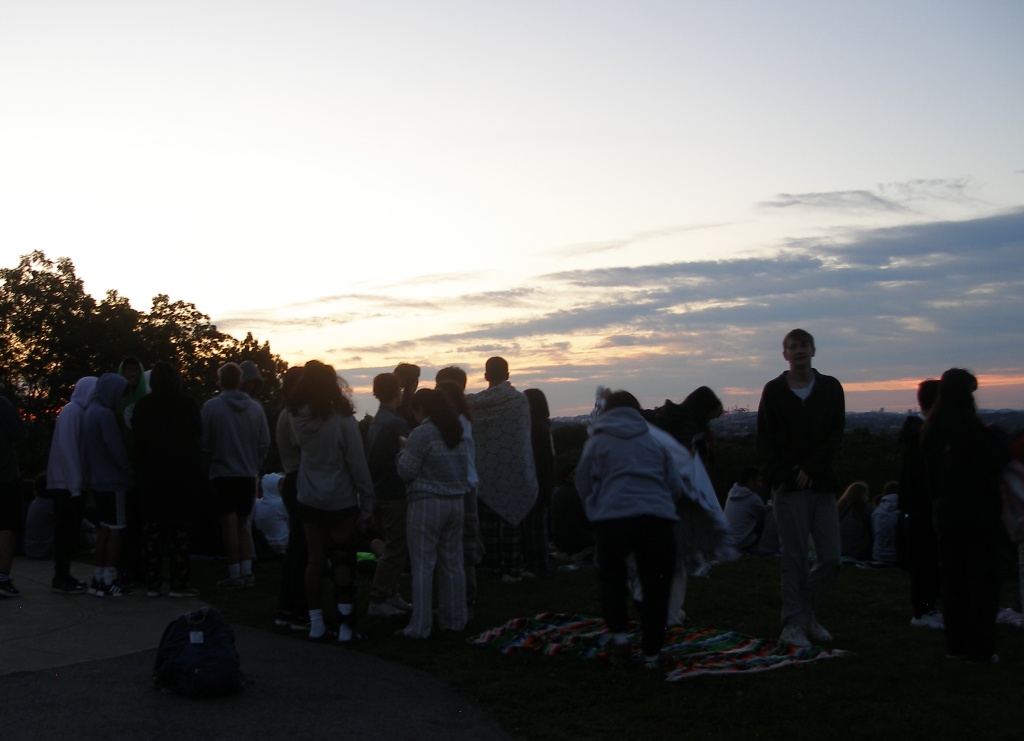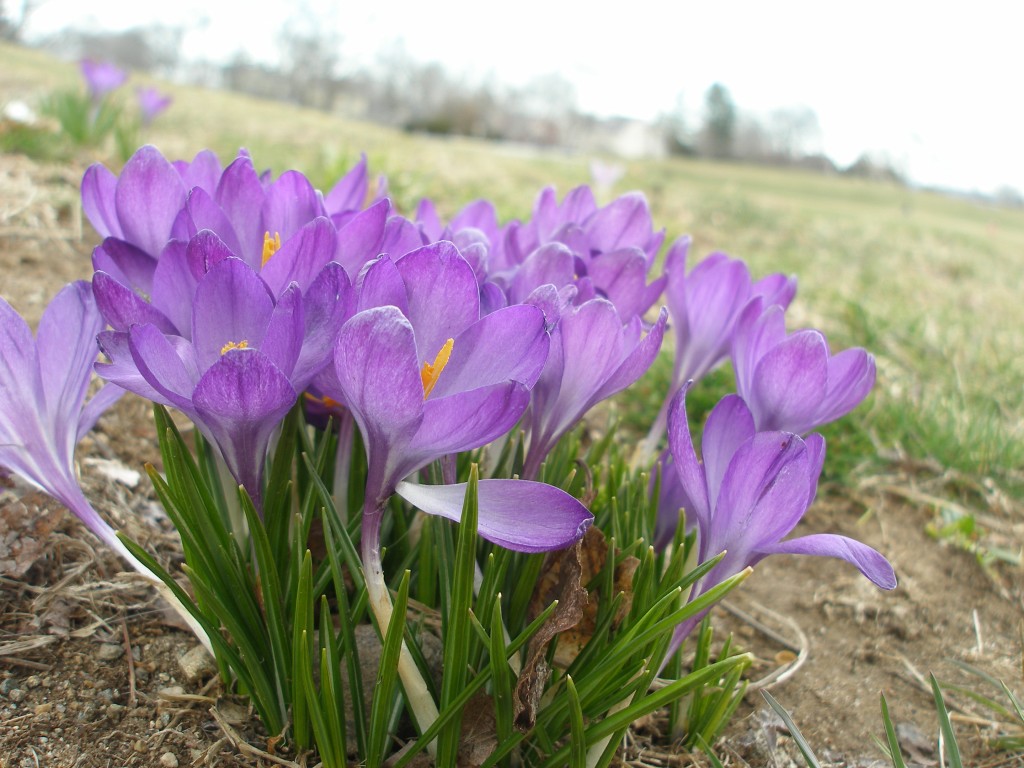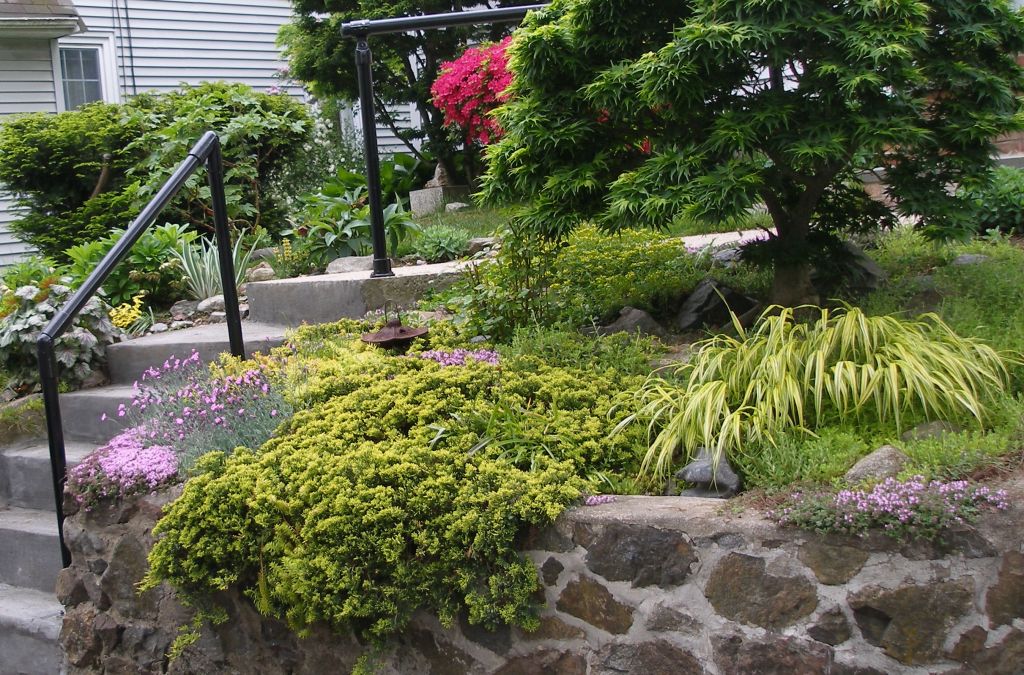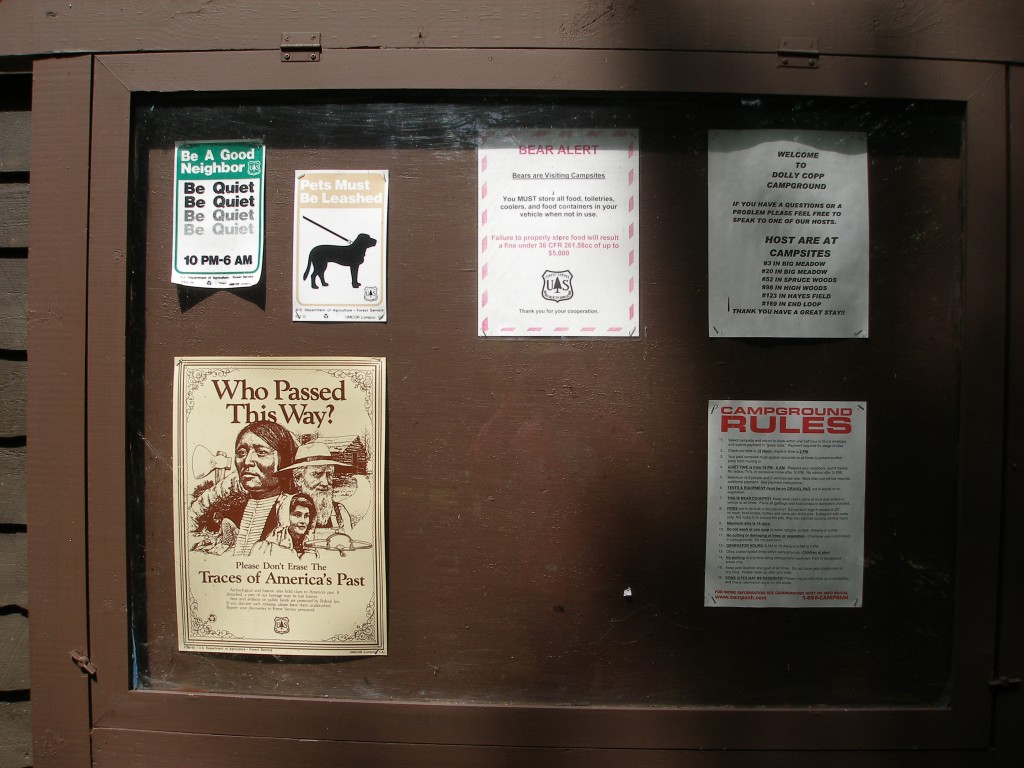
I once facilitated a tea and dialogue session for members of a caregivers’ support group that met monthly in my local senior center. Most of them were caring for ailing spouses. It was hard for them to take much time out for themselves, let alone take actual vacations. The social worker facilitating the group agreed that “mini-vacation” would be a good dialogue topic.
From the warm, open way they welcomed me, I suspected they already followed the dialogue guidelines – Pause, Relax, Open, Attune to Emergence, Listen Deeply and Speak the Truth. The facilitator agreed, adding that she encouraged them to speak truthfully about their suffering.
The mini-vacations they shared took place in campgrounds, on the beach and other places they remembered from actual vacations. They spoke about peace and joy and freedom to play. What they described seemed more about being and sharing than doing. It was the very simplicity that made their descriptions so moving – the basic warm human connection.
Dan Siegel, an innovator in the integration of brain science and psychotherapy notes, “Self-compassion and self-acceptance emerge quite seemlessly…from consistent, continuous and caring connections with our caregivers early in life. But they can also emerge from ‘earned secure attachment'” (page 188, Mindsight; The new science of personal transformation). He continues on page 188 explaining that with the opportunity “to feel that we are ‘inside the heart’ of another, the candlelight of love glows within and illuminates our lives.”
These caregivers were taking full advantage of the opportunity to be truly seen and held in that candlelight’s glow. It seemed to me that what they were describing could be appreciated by anyone – the warm sense of belonging with no agenda in a lovely natural spot. There was a peace to what they described but, given their circumstances, it was also quite poignant.
I got the feeling that secure attachment regardless of how it is achieved – whether through early life experience, or though courageous work – might benefit from regular tuneups. And sharing memories or visions of ideal “mini-vacations” seemed not such a bad way to do that kind of maintenance.


